Day 2 - Virtual Summer Program
Moving onto Day 2, we were back online for a keynote session in the morning, Effecting Change in Japan: its Traditional Culture and Adaptation, delivered by Prof. Katagi of NUCB Business School. Being Japanese-American and having been brought up in America until his early days of the career, he then moved to Japan and held various senior management and executive roles. He is now the Founder and CEO of his own company, Kenja, which provides a cloud-based workspace for better communication and collaboration.
His session started off on how it is often thought that changes are not easy to be done in Japan: often due to having “an elephant in the room”. He used his original framework with 4 pillars of Japanese culture and their interactions (as seen above), which can virtually explain many unique aspects of Japan but also the underlying reasons of slow changes.
Despite this image of changes being slow in Japan, there have been numerous times where things have undergone rapid changes and adapted themselves to various circumstances (Matthew Perry’s expedition to Japan and the following Meiji Transformation, Post-WWII Economic Growth, etc. just to name some of the biggest examples). These examples served to show that changes could be carried out when there is an external pressure alongside a set of processes. During these uncertain times, the current external pressure from COVID-19 has been pushing Japan for many changes and where there are processes or processes are being developed in tandem with this pandemic, changes become swift; as processes and rules are critical in Japan.
Participants found this session to be particularly insightful, building on their knowledge gained by the previous session about Japanese culture and society. Furthermore, they were able to connect their own experiences (related to Japan) to elements of this framework, realizing the cardinal aspects of the culture.
After the lunch/breakfast break, everyone regrouped with Prof. Yokoyama, a visiting faculty member, for his lecture & discussion on Crisis Management in Japanese Family Businesses. The lecture started with an in-depth overview of what is a family business and how it is unique in its management. Then, we looked into Japan as the country has one of the highest numbers of family businesses in the world and it also has some of the oldest corporations: 9/10 oldest ones of the world are Japanese, the oldest being founded in 578!
Moving onto the Crisis Management of the topic, we looked into how Japanese family businesses reacted to the pandemic based on a study conducted by Millennial Management Institute and 2 of the most important conclusions were that family businesses have closer ties with their banks (bank size depends on the organization’s size as well) and had strong financing.
To wrap up the session, participants then dived into 3 short cases about Japanese family businesses from different industries which faced dissimilar types of crises in order to generalize how Crisis Management is usually carried out in Japanese Family Businesses.
Read about the Day 3 here.

 Download
Download
 Infosession
Infosession
 Application
Application
 Open Campus
Open Campus




